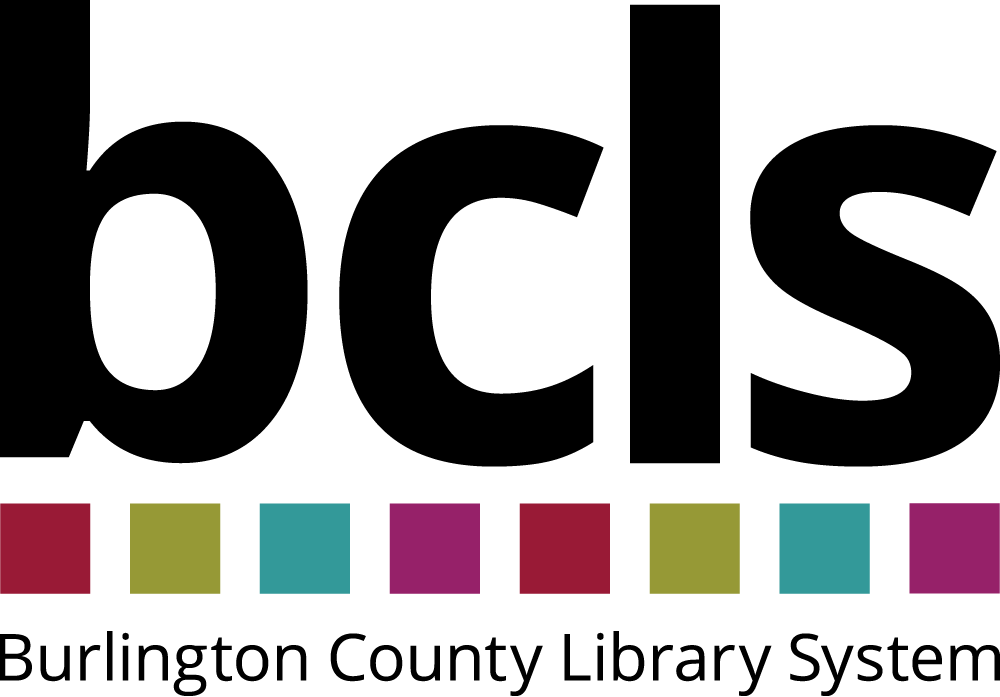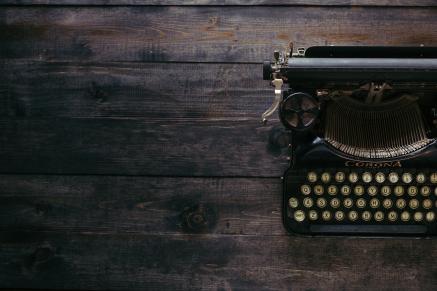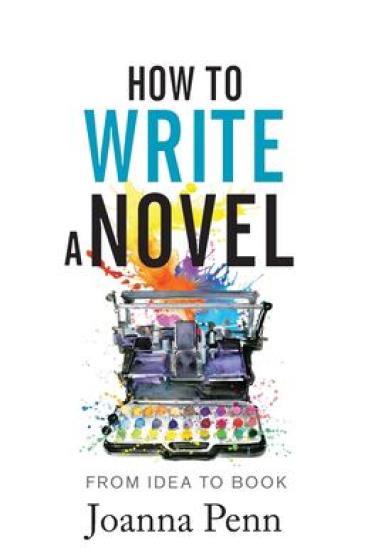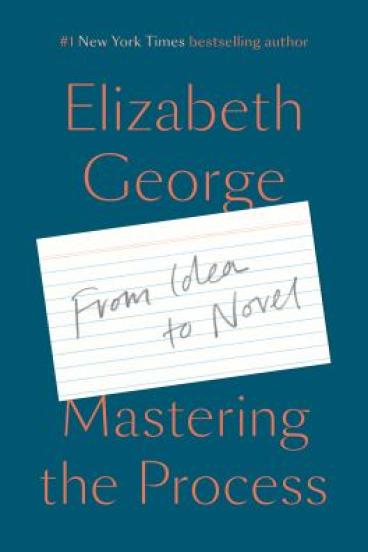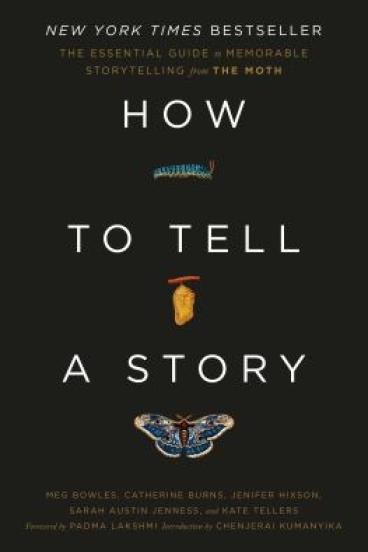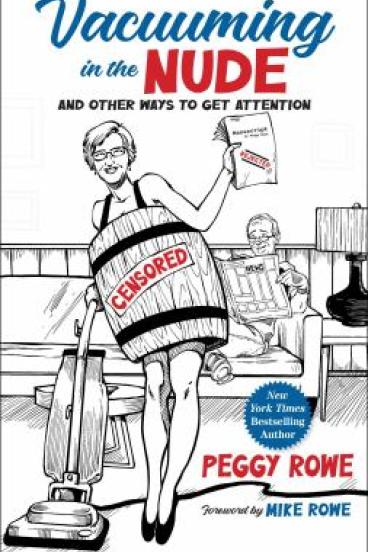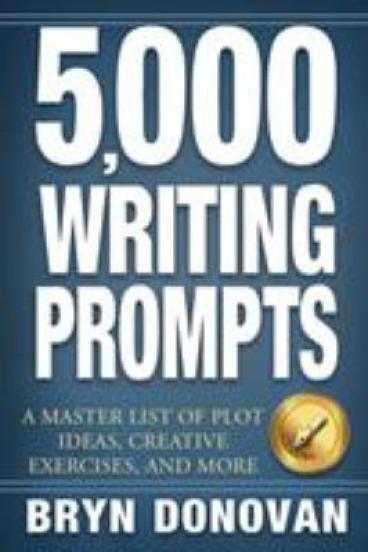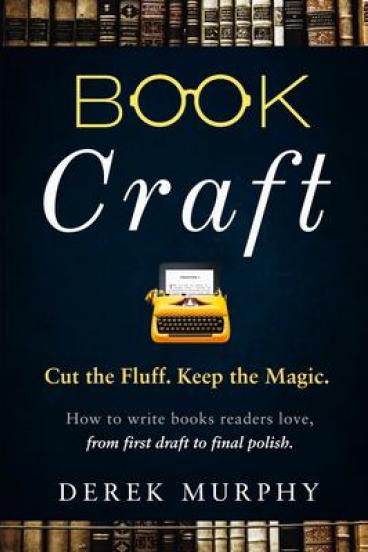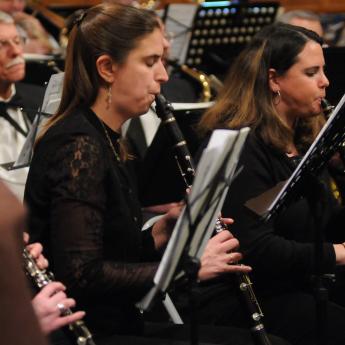How to Tell a Story by Meg Bowles
Over the past 25 years, the directors of The Moth have worked with people from all walks of life – including astronauts, hairdressers, rock stars, a retired pickpocket, high school students and Nobel Prize winners – to develop true, personal stories that have moved and delighted live audiences and listeners of The Moth's Peabody Award-winning radio hour and podcast. This guide from The Moth will help you learn how to uncover and craft your own unique stories.
Mastering Plot Twists by Jane K. Cleland
This guide will help you create effective and credible twists, creating the kind of stories that will keep your readers up long into the night.
Story Genius: How to Use Brain Science to Go Beyond Outlining and Write a Riveting Novel (Before You Waste Three Years Writing 327 Pages That Go Nowhere) by Lisa Cron
This writing guide reveals how to use cognitive storytelling strategies to build a scene-by-scene blueprint for a riveting story. The prevailing wisdom in the writing community is that there are just two ways to create a story: “pantsing” (winging it) and plotting (focusing on the external plot). Story coach Lisa Cron has spent her career discovering why these methods don't work and coming up with a powerful alternative, based on the science behind what our brains are wired to crave in every story we read (and it's not what you think).
5,000 Writing Prompts: A Master List of Plot Ideas, Creative Exercises, and More by Bryn Donovan
Never have writer's block again! This book is an essential resource for novelists, short-story writers, screenwriters, poets, creative writing teachers, bloggers, memoir writers, improv actors and other creators and storytellers.
The Art of Creative Writing: The Classic Guide to Writing Fiction by Lajos Egri
This step-by-step guide shows writers how to probe the secrets of human motivation to create flesh-and-blood characters who create suspense and conflict, and who grow emotionally under stress and strain.
Novelist as a Vocation by Haruki Murakami
Aspiring writers and readers who have long wondered where the mysterious novelist gets his ideas and what inspires his strangely surreal worlds will be fascinated by this engaging book from the internationally best-selling author. Haruki Murakami now shares his thoughts on the role of the novel in our society, his own origins as a writer, and his musings on the sparks of creativity that inspire other writers, artists and musicians.
Book Craft: How to Write Books Readers Love, from First Draft to Final Polish by Derek Murphy
Everybody wants to write a book, but most authors fall short. These simple, easy-to-follow rules, tactics and cheat sheets help you easily improve your writing craft and unleash your inner genius. You'll end up with a deeper understanding of the craft, and a more marketable book that readers can't put down.
How to Write a Novel: From Idea to Book by Joanna Penn
Writing a novel will change your life. It might not be in the way that you expect, but when you hold your book in your hand and say, "I made this," something will shift. The process of getting to that point will light a spark in your creative soul and help you discover unexpected aspects of yourself. This book will help you get there.
Making Words Work: A Practical Guide to Writing Powerful Content by Kim Scaravelli
This practical guide to writing powerful content is filled with simple, do-able advice on how to write better, faster and easier, and truly enjoy being a writer.
Finishing School: The Happy Ending to that Writing Project You Can't Seem to Get Done by Cary Tennis and Danelle Morton.
All too many people start a writing project with grand ambitions but reach a crisis of completion. Finishing School helps writers reignite the passion that started them on the project in the first place and work steadily to get it done.
Vacuuming in the Nude by Peggy Rowe
Peggy Rowe has been writing all of her adult life – even through years of constant rejection from publishing houses. Between her tenacity and the encouragement of her family, her breakthrough finally came – at the age of 80! Here she shares her journey of attending writers' conferences and honing her ability to see humor in everyday situations. Along the way, Rowe delivers a hilarious array of stories that reflect her addiction to making people laugh.
Ursula K. Le Guin: Conversations on Writing by David Naimon
In a series of interviews with David Naimon, Le Guin discusses craft, aesthetics and philosophy in her fiction, poetry and nonfiction works. The discussions provide ample advice and guidance for writers of every level, but also give Le Guin a chance to sound off on some of her favorite subjects: the genre wars, the patriarchy, the natural world, and what, in her opinion, makes for great writing.
Mastering the Process: From Idea to Novel by Elizabeth George
As the author of 24 novels, Elizabeth George is one of the most successful – and prolific – novelists today. She offers readers a master class in the art and science of crafting a novel. This is a subject she knows well, having taught creative writing both nationally and internationally for more than 30 years. In these pages, the award-winning author takes us behind the scenes through each step of her writing process, revealing exactly what it takes to craft a novel.
